How the British monarchy lost and won public favour over 200 years
Lessons provided by King George IV still hold today as Queen Elizabeth II celebrates 70 years on the throne
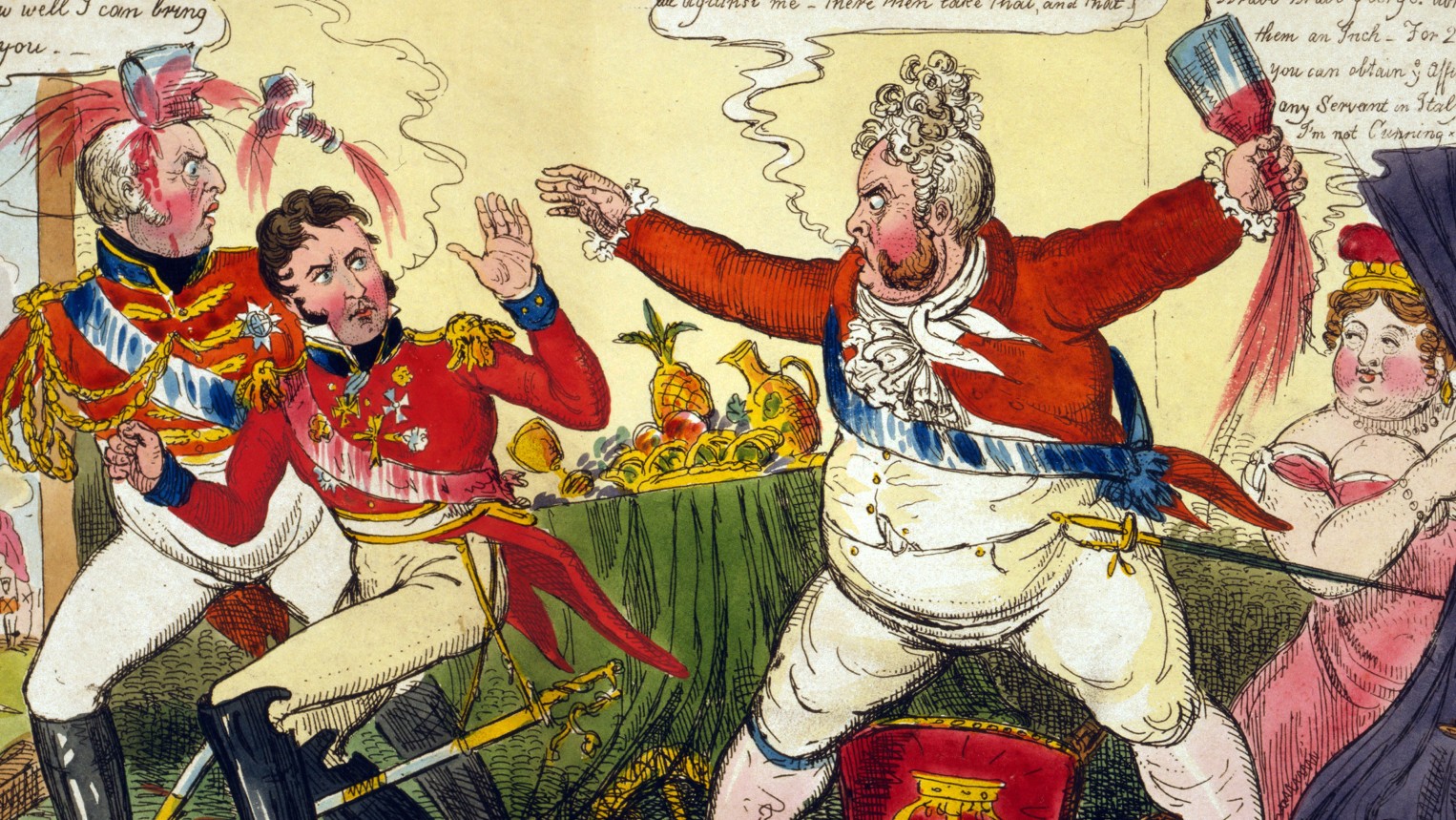
A free daily email with the biggest news stories of the day – and the best features from TheWeek.com
You are now subscribed
Your newsletter sign-up was successful
Judith Rowbotham, a visiting research professor in socio-legal and constitutional history at the University of Plymouth, looks back at the Royal Family’s high-profile scandals.
As Queen Elizabeth II approaches her platinum jubilee, the first British monarch to do so, the royal family is also facing a difficult time. Headlines on the upcoming trial of the Duke of York are competing with plans for the jubilee.
Meanwhile, news coverage suggests that the queen and other royals, notably the Duke and Duchess of Cambridge, remain popular and much loved.
The Week
Escape your echo chamber. Get the facts behind the news, plus analysis from multiple perspectives.

Sign up for The Week's Free Newsletters
From our morning news briefing to a weekly Good News Newsletter, get the best of The Week delivered directly to your inbox.
From our morning news briefing to a weekly Good News Newsletter, get the best of The Week delivered directly to your inbox.
The history of the British monarchy shows that ebbs and flows of popularity were not unusual, especially in the last 200 years – an era when the royal family began to be presented to the public via the mass media.
In the late 18th century, an expansion of affordable print publications created a wider audience for media stories about the royals.
The attention of these publications focused on three types of news: crime, sport and the royal family. Stories covering members of the royal family exposed them to a scale of unprecedented public scrutiny, archives show. Even before he became king, George IV’s character and extravagant habits were widely lampooned in caricatures by cartoonists such as James Gillray.
George had failed to appreciate that his habits – excessive personal expenditure, disloyalty to friends and gross self-indulgence – were disapproved of in an industrialised and increasingly urban Britain, with evangelical moral values. Times had changed, but George had not.
A free daily email with the biggest news stories of the day – and the best features from TheWeek.com
Fluctuations in the monarchy’s popularity, and of individual royals, are often rooted in how the monarch represents the cultural values of the majority of his or her subjects. Elizabeth II has strongly displayed this during the pandemic, notably in her decision not to demand any special privileges at Prince Philip’s funeral in compliance with the rules of her government.
William IV’s popularity
William IV appreciated why his older brother had been out of favour. His popularity increased when he opted for a low-key and low-cost coronation, spending nearly £200,000 less than George IV’s lavish celebrations. Interestingly, his wife Adelaide was the first modern consort to engage with the ordinary people through a range of philanthropic enterprises, including the Royal Naval asylum.
Widespread press coverage on Victoria’s accession confirmed her popularity. Archives show that The Globe newspaper commented: “One united wish seems to have pervaded all classes, ranks, ages, and conditions, to make the day truly one of rejoicing: throughout the length and breadth of the land this is the case, and for weeks past the provincial journals have had their columns filled with the proceedings of public meetings, and announcements of subscriptions on the part of the rich to enable their less wealthy fellow subjects to join with them in celebrating the day in a manner suitable to it.”
Despite this, Victoria’s popularity dipped in 1839, after a scandal caused by her unkind (and untrue) gossip about Lady Flora Hastings being pregnant. It turned out that Lady Flora was dying of stomach cancer.
But attitudes to Victoria shifted again with the birth of a son and heir. This is illustrated in portraits of the royal family by painters like Franz Winterhalter and is apparent through a survey of newspaper headlines, periodical articles and popular fiction. British historian John Plunkett from Exeter University described Victoria as the first media monarch as headlines established her as a national, and then imperial, embodiment of Britishness.
Even Victoria’s extravagant mourning after Prince Albert’s death in 1861 was received with popular sympathy as the mass market fiction of Rosa Nouchette Carey indicates.
Victoria’s popularity is also reflected in the consistent (unauthorised) use of her image in contemporary advertising selling an extensive range of goods from black velvet to cocoa.
High-profile scandals
The popularity of her son Edward, the Prince of Wales, dipped when his indulgent lifestyle conflicted with Victorian morality embodied by his mother. This was particularly apparent when he appeared as a witness in a high-profile divorce case and in an 1891 gambling case. Much of the media, including the Pall Mall Gazette, was critical of the heir to the throne admitting to playing baccarat, which was illegal. His conduct in the witness box at the Old Bailey was recorded as appearing shifty, evasive and dishonest, according to the Pall Mall Gazette archives.
But public opinion shifted back behind the royal family after the Prince’s eldest son died in the 1892 influenza epidemic. His other son, George, who went on to become George V, married Mary of Teck and, as Duke and Duchess of York, then became popular figures, much like the Cambridges today, after their tour of the Empire in 1901.
That 19th-century pattern has clear modern echoes in the 20th century and beyond. The abdication of undutiful Edward VIII strengthened the popularity of dutiful George VI and his queen. But the lesson provided by George IV holds. What sustains the monarchy is its ability to appear both culturally relevant and cost-effective in the eyes of the wider public.
This careful balancing act continues and is something that Elizabeth II herself has been consistently successful in achieving.
Judith Rowbotham, Visiting Research Professor in Socio-legal and Constitutional History, University of Plymouth
This article is republished from The Conversation under a Creative Commons license. Read the original article.
-
 Local elections 2026: where are they and who is expected to win?
Local elections 2026: where are they and who is expected to win?The Explainer Labour is braced for heavy losses and U-turn on postponing some council elections hasn’t helped the party’s prospects
-
 6 of the world’s most accessible destinations
6 of the world’s most accessible destinationsThe Week Recommends Experience all of Berlin, Singapore and Sydney
-
 How the FCC’s ‘equal time’ rule works
How the FCC’s ‘equal time’ rule worksIn the Spotlight The law is at the heart of the Colbert-CBS conflict
-
 Will Beatrice and Eugenie be dragged into the Epstein scandal?
Will Beatrice and Eugenie be dragged into the Epstein scandal?Talking Point The latest slew of embarrassing emails from Fergie to the notorious sex offender have put her daughters in a deeply uncomfortable position
-
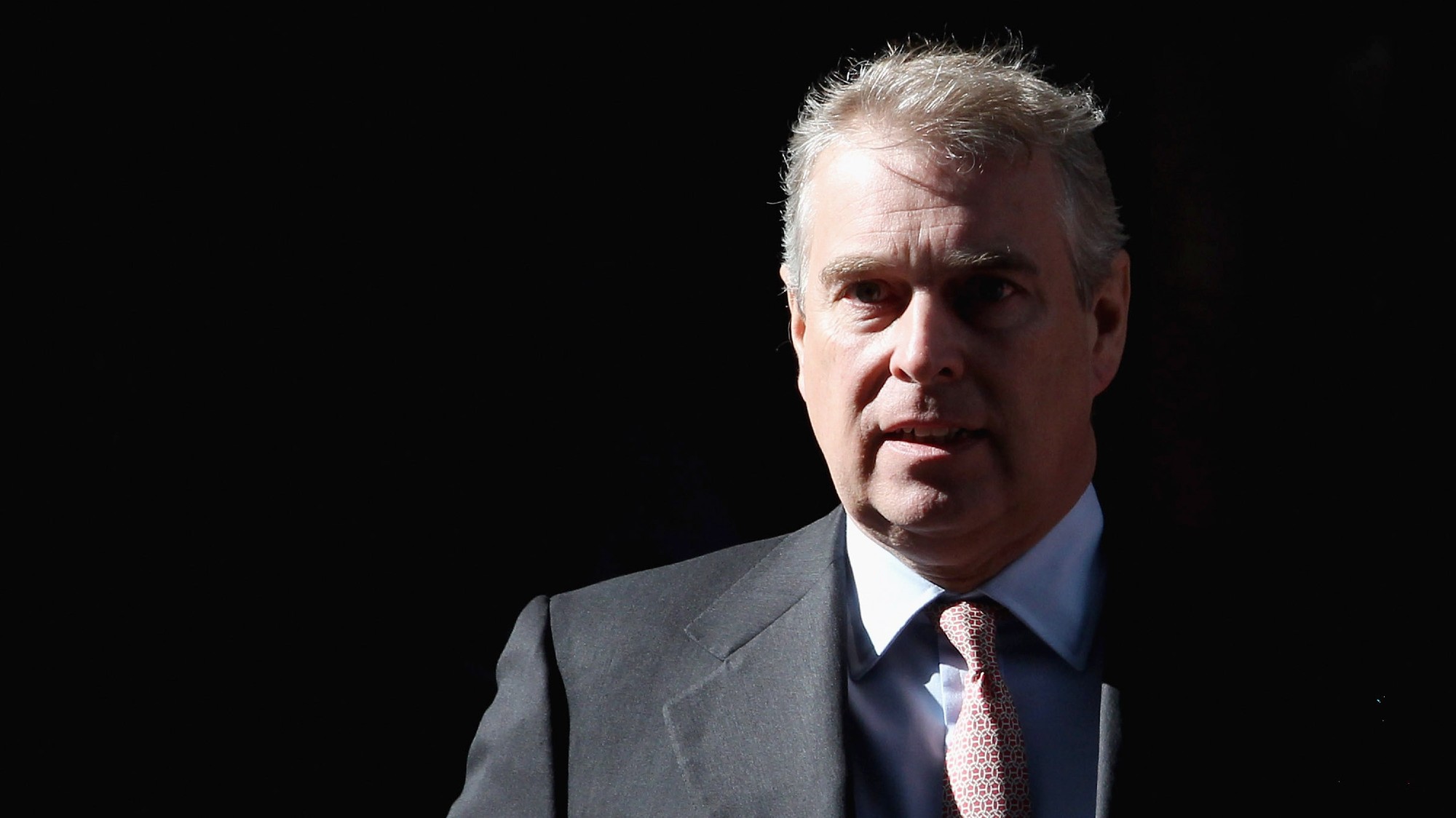 Prince Andrew: a timeline of disgraced royal’s Epstein scandal
Prince Andrew: a timeline of disgraced royal’s Epstein scandalIn Depth How the Queen’s favourite child went from Falklands War hero to public pariah
-
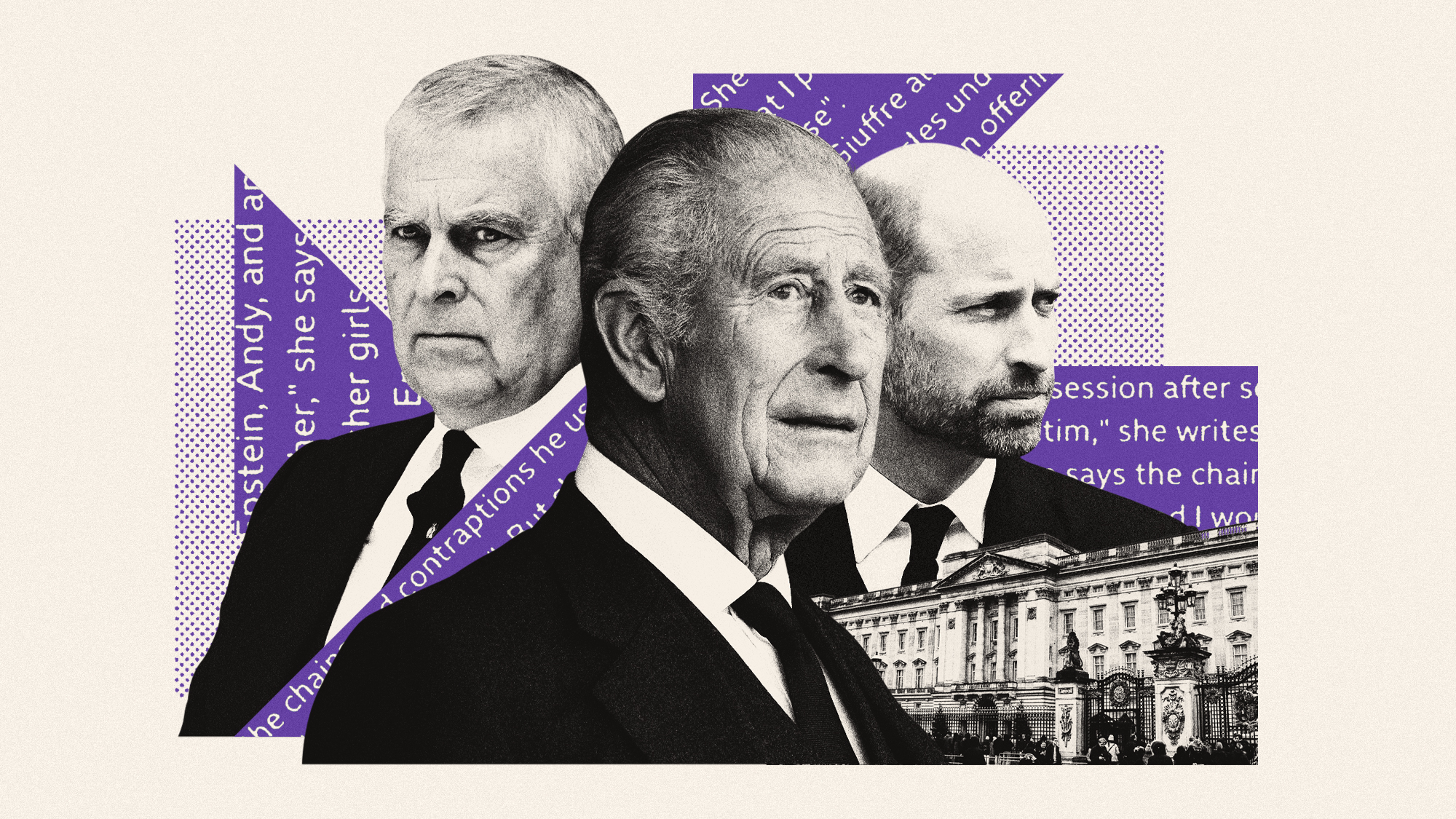 Prince Andrew: is the royal family doing enough?
Prince Andrew: is the royal family doing enough?Today’s Big Question King Charles faces calls for tougher action against Andrew after latest allegations about Virginia Giuffre and Jeffrey Epstein
-
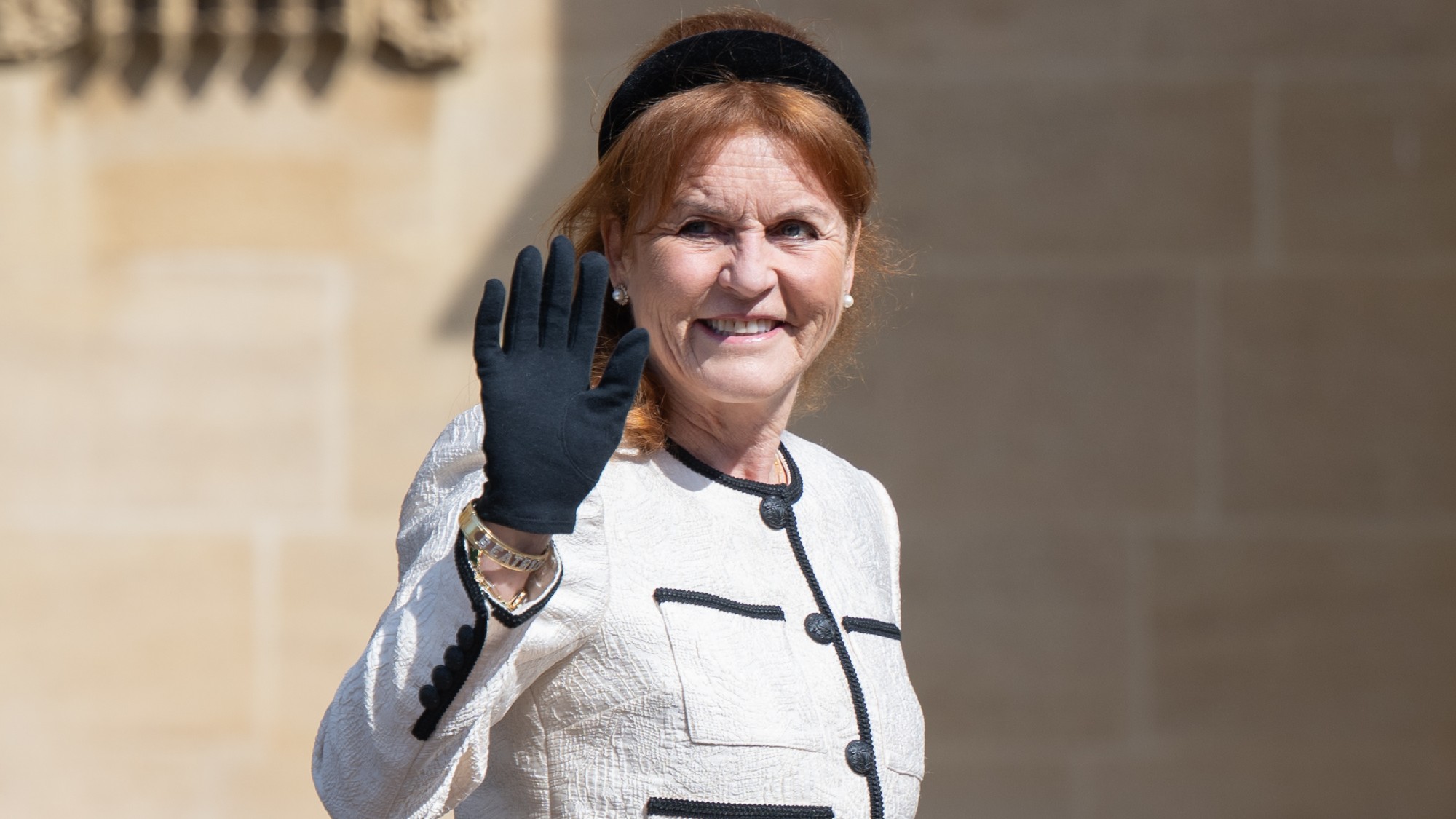 Sarah Ferguson: a reputation in tatters
Sarah Ferguson: a reputation in tattersIn the Spotlight After emails surfaced revealing ties to Jeffrey Epstein, weeks after she claimed to cut contact, her charities are running for the hills
-
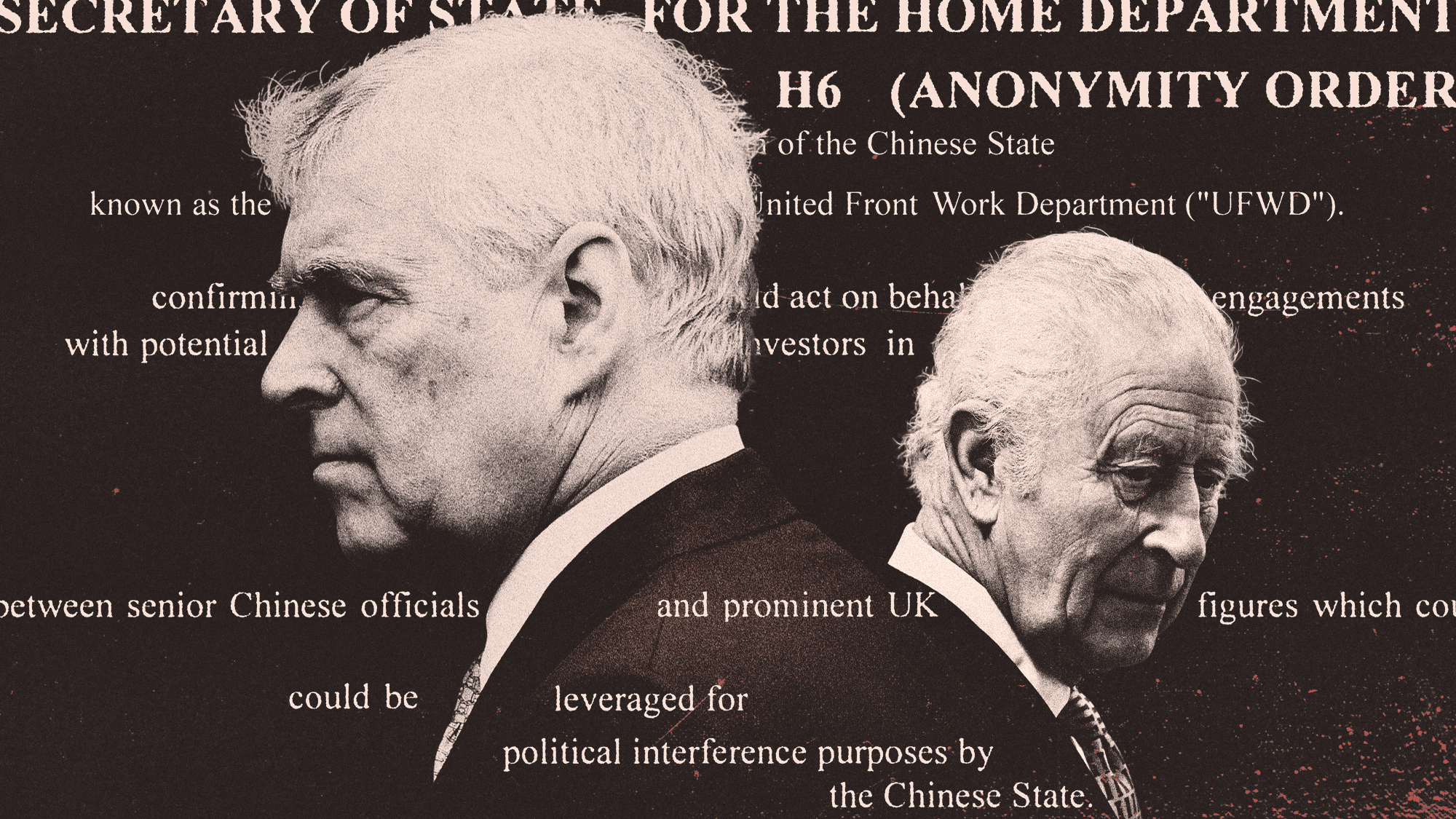 Is the royal family a security risk?
Is the royal family a security risk?Today's big question A Chinese spy's access to Prince Andrew has raised questions about Chinese influence in the UK
-
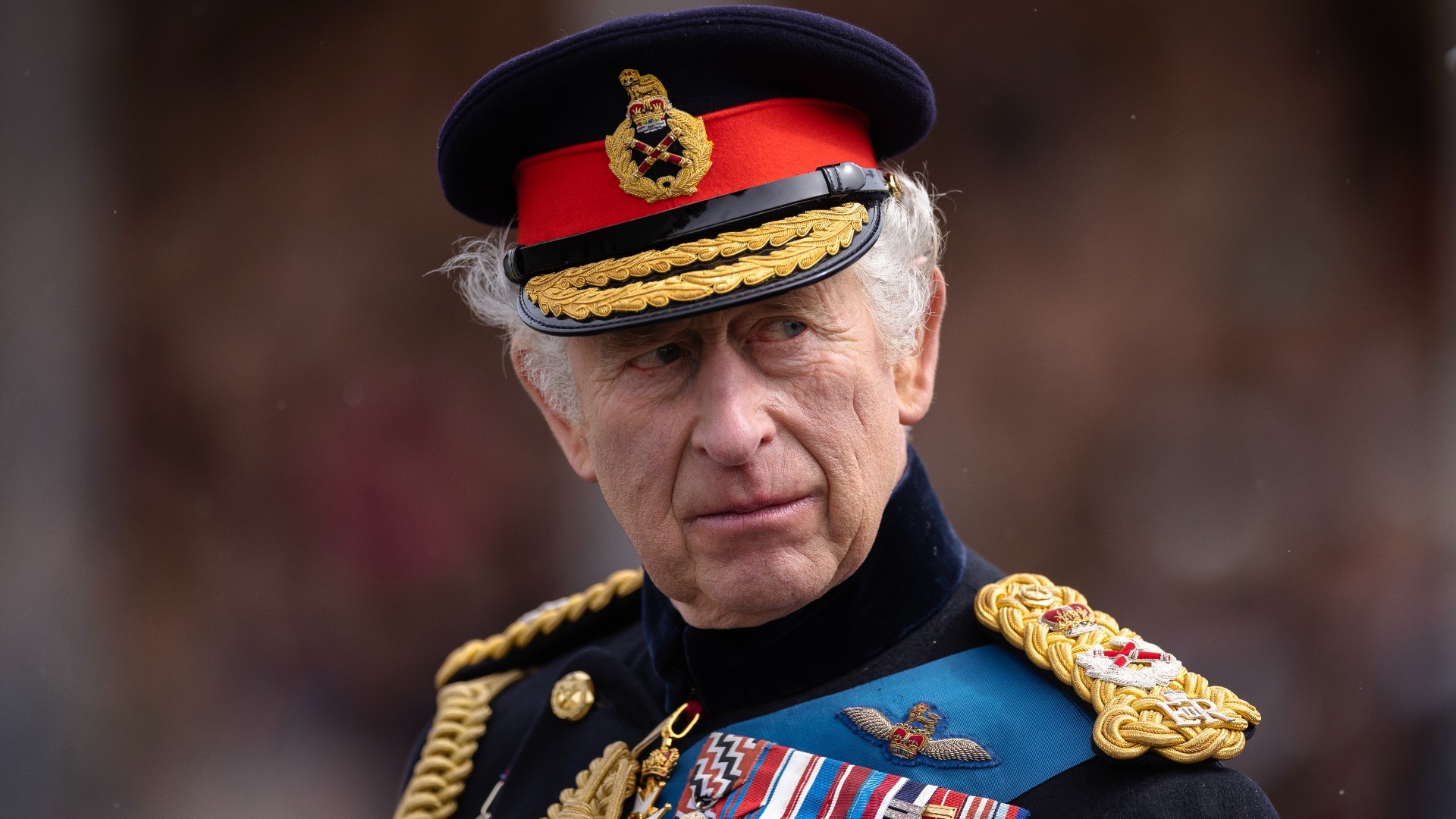 King Charles at 75: how the monarch has made his mark
King Charles at 75: how the monarch has made his markTalking Point 'Modernising monarch' puts change on hold in first year in favour of stability and continuity
-
 Royal family website attacked by Russian hackers
Royal family website attacked by Russian hackersSpeed Read Pro-Kremlin group claim responsibility just two weeks after King Charles condemns invasion of Ukraine
-
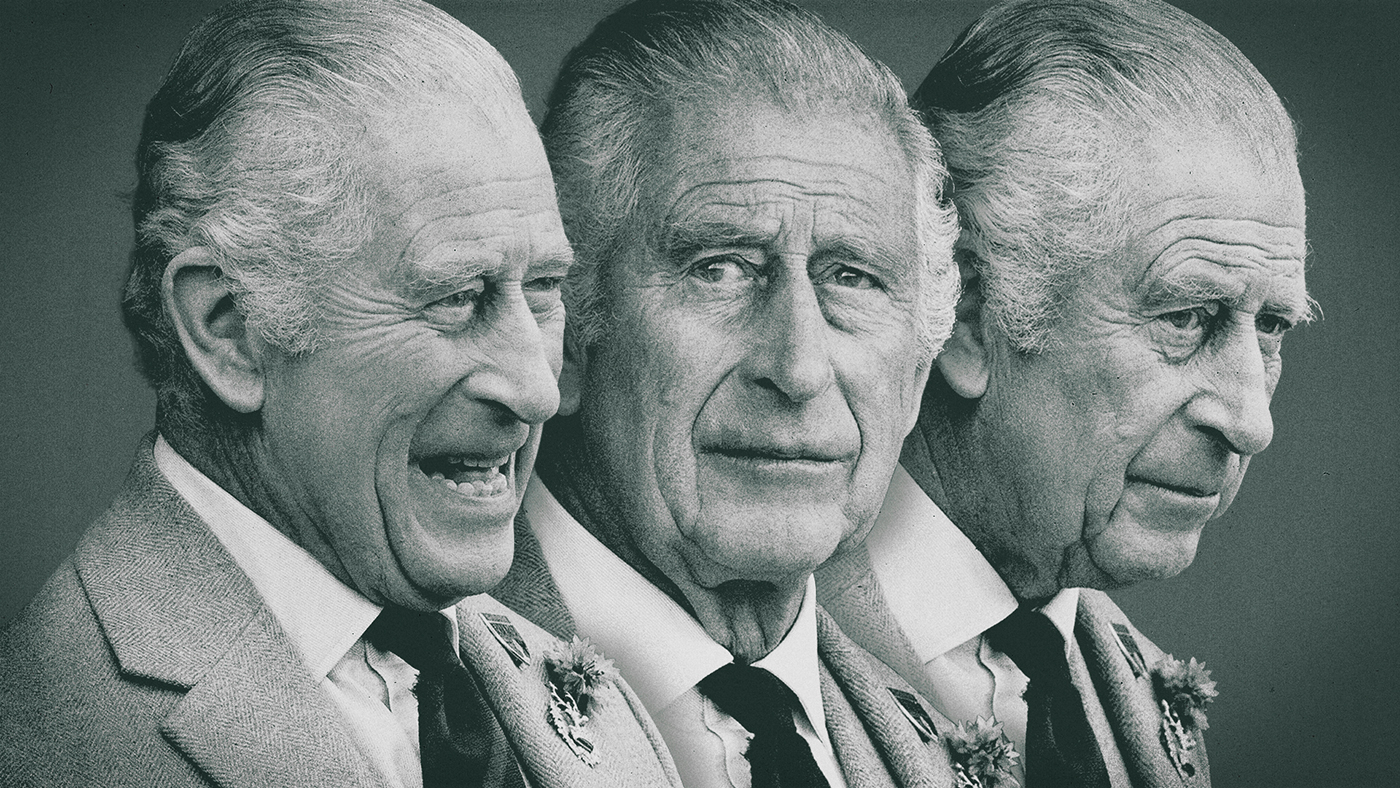 What have we learned in King Charles’s first year?
What have we learned in King Charles’s first year?Today's Big Question The monarch is ‘stamping his personality’ on the role and is definitely not a ‘caretaker’, says Palace source